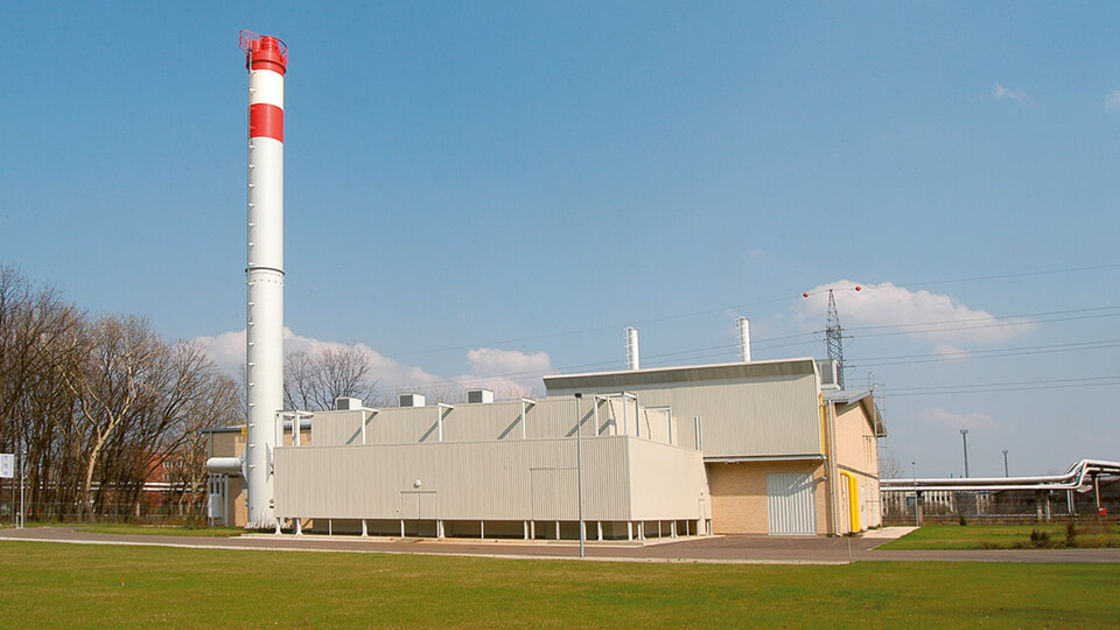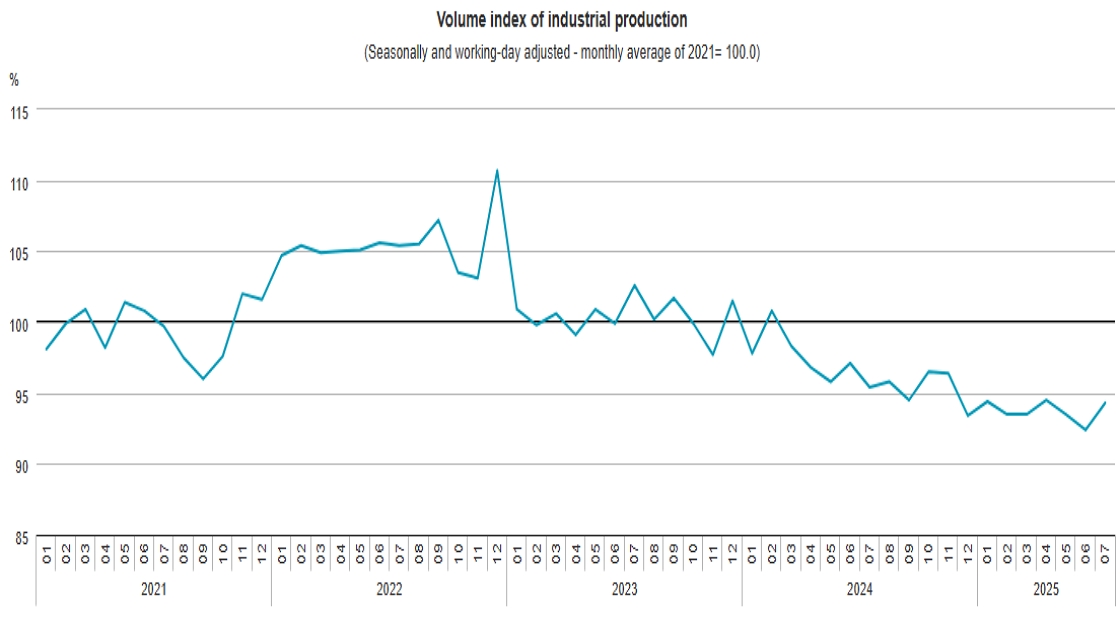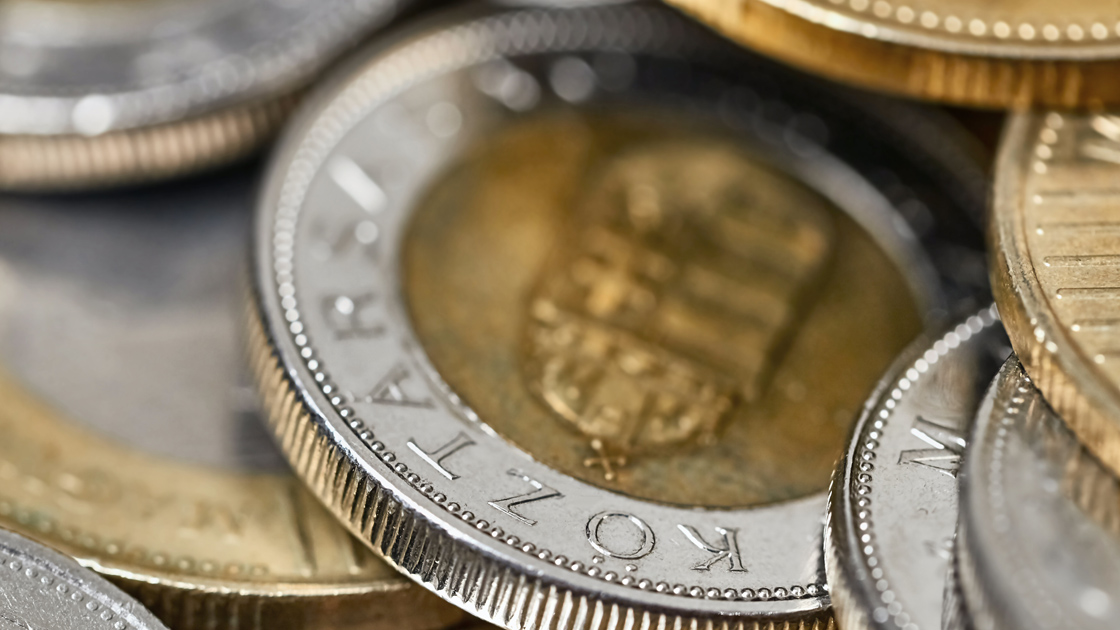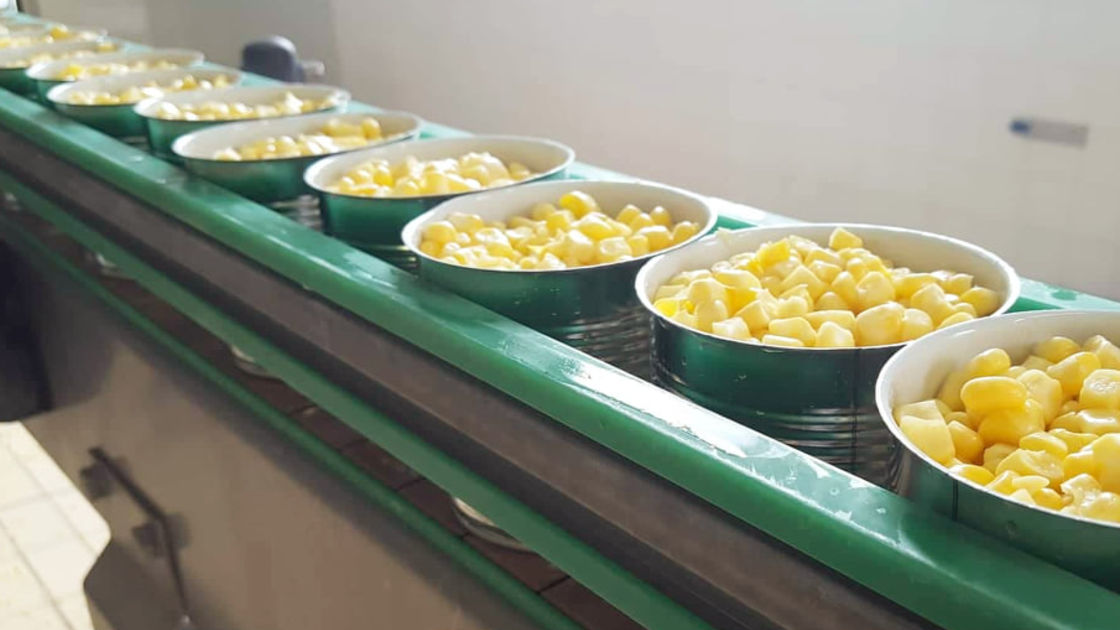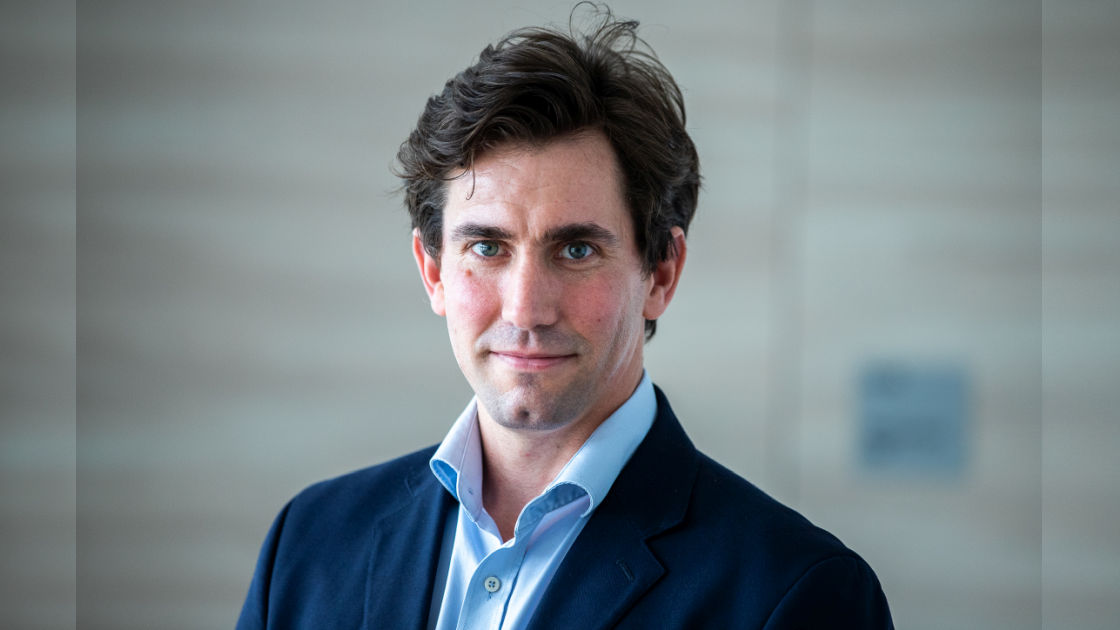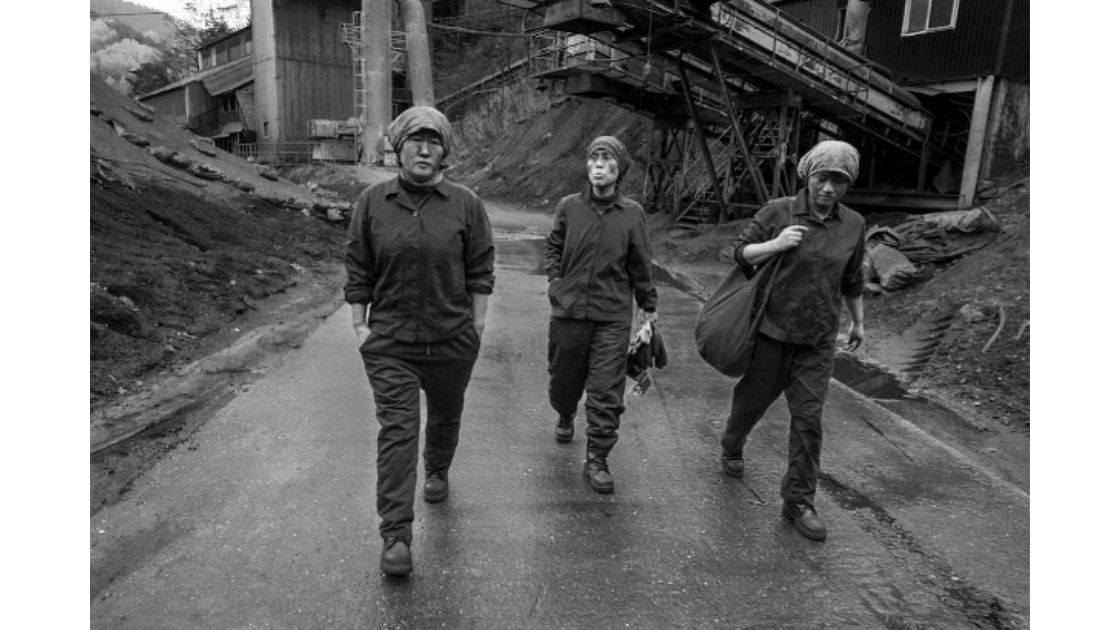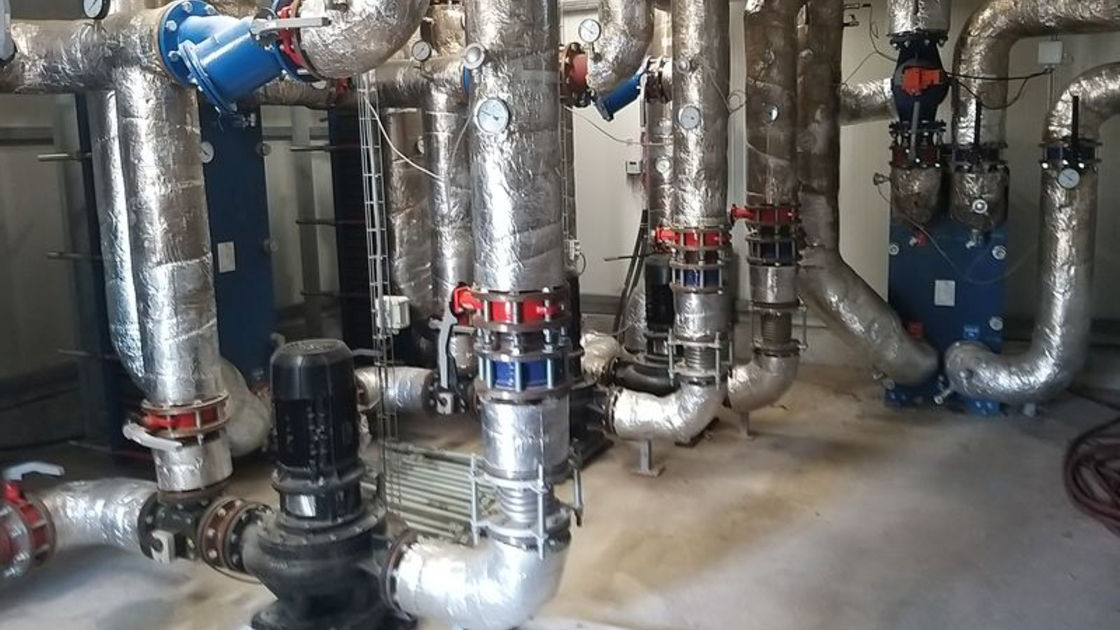The volume of Hungary’s gross domestic product was 0.1% higher according to raw data and 0.2% higher according to seasonally and calendar adjusted and reconciled data in the 2nd quarter of 2025 than in the corresponding period of the previous year, the Central Statistical Office (KSH) reports.
Compared to the previous quarter, the economic performance grew by 0.4% according to seasonally and calendar adjusted and reconciled data. In the first half of 2025, GDP stagnated according to raw data and was 0.1% lower according to seasonally and calendar adjusted data than in the same period of 2024.
In 2nd quarter 2025:
The volume of GDP was 0.1% higher according to raw data and 0.2% higher according to seasonally and calendar adjusted and reconciled data than in the same period of the previous year. The volume indices published in the second estimate were unchanged compared to the flash estimate.
Production approach:
The value added of construction was 4.3% higher than in the corresponding period of the previous year. Industry reduced its performance by 3.3%, within which manufacturing by 4.4% compared to the same period of the previous year. Among manufacturing branches, the largest contributor to the decrease was the manufacture of fabricated metal products, except machinery and equipment, while the manufacture of other transport equipment slowed the fall in industry the most. The value added of agriculture was 11.4% lower than in the corresponding period of the previous year.
The gross value added of services rose by 1.3% in total. The highest increase (6.5%) occurred in arts, recreation and other service activities. The value added of information and communication grew by 6.3%, that of accommodation and food service activities by 3.2%, the value added of education by 2.9% and that of financial and insurance activities by 2.2%. The performance of wholesale and retail trade was up by 1.8% and that of professional, scientific, technical and administrative activities by 0.8%. The value added of transportation and storage grew by 0.2%. The performance of human health and social work activities diminished by 0.1%, that of public administration by 0.5% and the performance of real estate activities by 0.7%.
The growth of services, within which information and communication, contributed the most positively (by 0.9 and 0.2 percentage point, respectively) to the 0.1% increase in gross domestic product in the 2nd quarter of 2025. The performance of construction helped the growth by 0.2 percentage point, while that of industry lowered the performance of the economy by 0.7 and the performance of agriculture by 0.3 percentage point. The balance of taxes and subsidies on products did not affect the volume of GDP considerably.
Expenditure approach:
The actual final consumption of households was 4.5% higher than in the same period of the previous year. Household final consumption expenditure, representing the largest proportion of the components of the actual final consumption of households, rose by 5.0%. The (domestic) consumption expenditure of households realised on the territory of Hungary became 4.9% higher. The volume of domestic consumption expenditure increased in all durability groups: by 6.2% in the case of durable goods, by 3.9% for semi-durable goods, by 5.6% in the case of non-durable goods and by 4.6% for services.
The volume of social transfers in kind from the government became 1.9% higher and that of the actual final consumption of the government went up by 9.8%. The volume of social transfers in kind from non-profit institutions serving households (NPISHs) increased by 5.7%.
As a result of the above trends, actual final consumption rose by 5.3%.
Gross fixed capital formation was 7.0% lower in the 2nd quarter than in the corresponding period of the previous year. Both the volume of investments in construction and that of investments in machinery and equipment lessened.
Gross capital formation decreased by 0.9% compared to the same period of the previous year.
As a result of the trends of consumption and of capital formation, domestic use as a whole grew by 3.8% in the 2nd quarter.
In the external trade of the economy, a surplus of 1,183 billion forints was generated at current prices. The volume of exports lessened by 0.9%, while that of imports became 4.0% higher. In trade in goods, accounting for around 80% of external trade, exports diminished by 1.3%, while imports rose by 5.9%. Within the external trade of the economy, the exports of services (including tourism) increased by 0.7%, while their imports fell by 4.6% compared to the same period of the previous year.
Actual final consumption contributed by 3.7 percentage points to the 0.1% increase in gross domestic product in the 2nd quarter of 2025, while gross capital formation slowed it by 0.3 percentage point. The balance of external trade as a whole slowed the economic performance by 3.4 percentage points.

